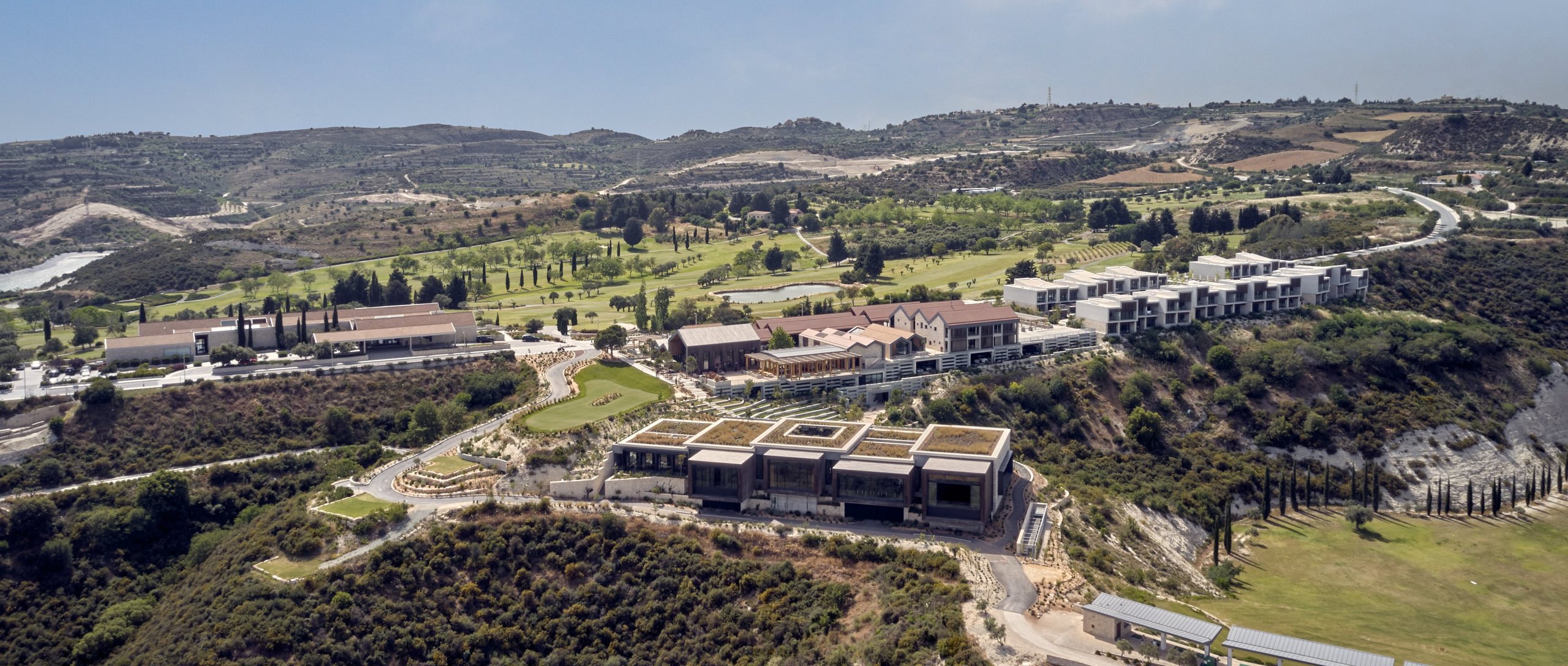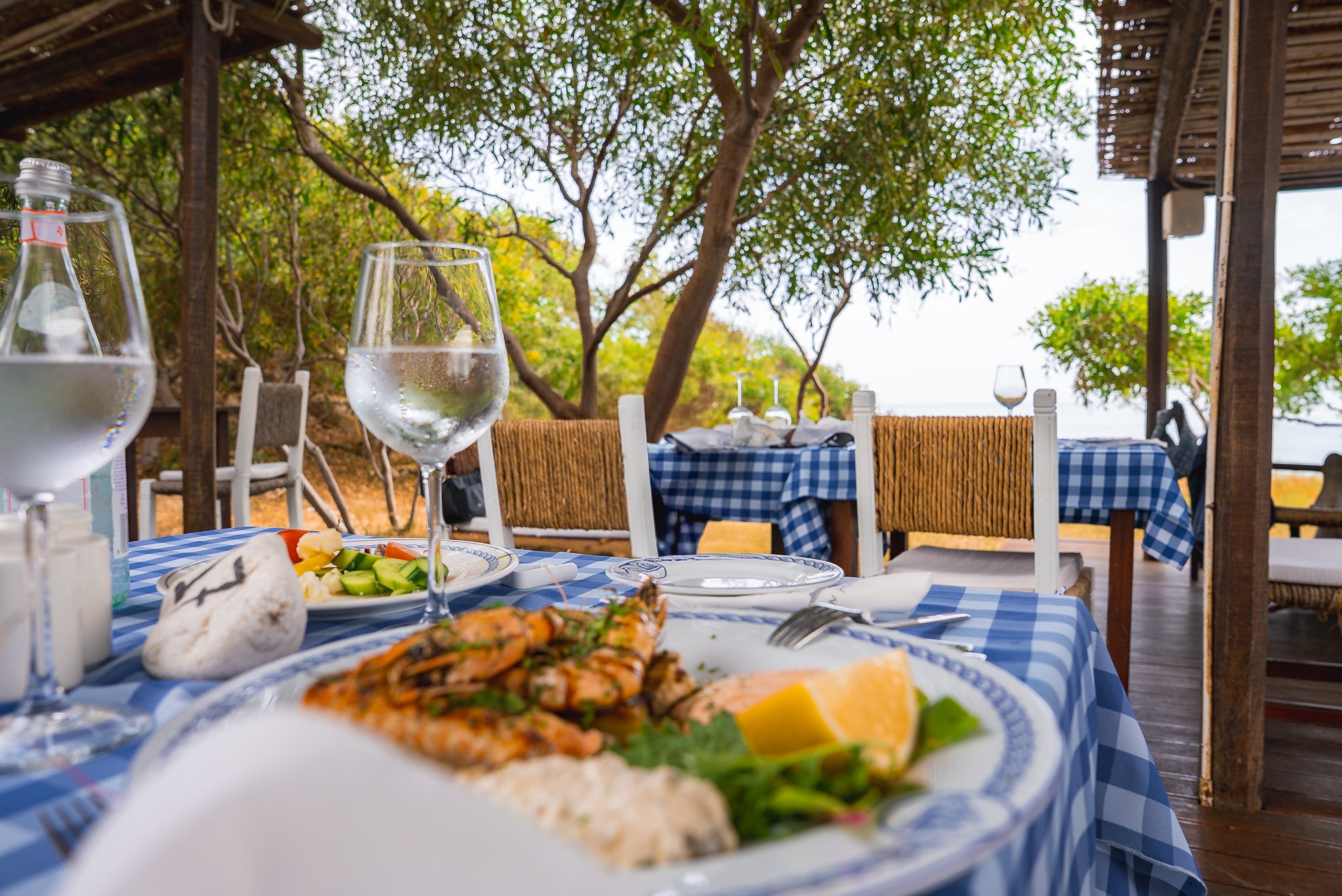Buying a home in Cyprus offers an exciting opportunity for international buyers wanting a holiday escape, permanent relocation or investment property in the Mediterranean. However, understanding how the buying process works is essential to ensure your journey is smooth and legally protected.
Cyprus welcomes foreign ownership with minimal restrictions. But, like all property purchases abroad, there are specific steps and legal requirements you must follow. Whether you’re relocating after retirement or purchasing a rental property, this guide will explain the process clearly – with practical timescales and expert-backed advice.
Here’s a step-by-step breakdown of how to successfully purchase a property in Cyprus in 2025 – from early planning through to picking up the keys.
Contents

Preparation stage: planning and research
Before committing to a property, take time to fully understand your budget, goals and responsibilities as a buyer in Cyprus.
Start with a clear vision. Are you buying a holiday retreat, a rental investment or a permanent home? Do you want a restored villa with character or a modern apartment by the coast? Define what would suit your lifestyle and finances.
Next, research essential legal and tax considerations. Cyprus has a well-established legal process, but paperwork will be in Greek. It’s best to appoint a bilingual solicitor early on – someone familiar with helping overseas clients – to guide you throughout.
Begin browsing the market using trusted property sites or by speaking with Your Overseas Home consultants. Attend virtual events and download the free Cyprus Property Buying Guide for deeper context on locations, legal steps and timelines.
Planning at this stage will save time later and reduce common risks.
For a closer look at purchasing overseas, claim your free copy of our Cyprus Buying Guide:
Download the Cyprus Buying Guide
Six months before purchase
This is the moment to start putting practical foundations in place.
Speak to a currency specialist such as Smart Currency Exchange. Exchange rate fluctuations can cost or save you thousands when purchasing in euros. A forward contract lets you lock in a rate now, protecting your budget later.
Then, assess your full budget. As a rough guide, allow an extra 8–10% on top of the property price for legal fees, transfer duties and registration costs. Factor in travel and inspection visits too.
If you need a mortgage, speak to a broker with experience securing finance in Cyprus. Most banks request a deposit of at least 30% from foreign nationals and will assess affordability based on net monthly income.
These initial steps take time, especially if paperwork must be translated. Getting ahead early makes the rest of the timeline more achievable.
Five months before purchase
Begin your serious property search now.
Focus on a few areas that match your lifestyle and budget. Popular coastal spots like Paphos and Limassol offer strong rental potential, while inland locations such as Nicosia can be better value. Think carefully about proximity to airports, healthcare and local amenities too.
If you’re planning a permanent move, now is also the time to explore visa requirements. Post-Brexit, British buyers need a residency or long-stay visa to remain in Cyprus beyond 90 days. Legal advisers can help assess which visa best fits your plans.
At this stage you should build relationships with estate agents on the ground. A good agent will understand international needs and can help identify value-for-money properties, arrange viewings and provide insight into what offer terms are expected.
Four months before purchase
Plan and book your viewing trip to Cyprus. If you’re serious about buying, seeing shortlisted properties in person is essential.
Discuss your requirements with your estate agent to ensure viewings are well-organised. It’s often helpful to see different property types and locations to understand your options and narrow your criteria.
Ahead of your travel, it’s important to find an independent local solicitor – not one suggested by the seller or agent – who can carry out due diligence. They’ll investigate planning permissions, debts linked to the property, and ownership of the title deeds, which is crucial in Cyprus.
This is also the moment to clarify any long-term goals. Are you hoping to rent the property when you’re not there? Will you own jointly with family? Your solicitor can structure the purchase accordingly to protect everyone’s rights.
Three months before purchase
By now, you may have found properties that meet your needs – perhaps even a favourite.
Don’t feel pressured to make a quick offer. Often, multiple viewings are needed. But once you’ve decided, your estate agent will formally submit your offer to the seller.
Make sure the offer includes conditions such as the completion date and any repairs or furnishings to be included. Your solicitor will help review these terms.
Simultaneously, contact your currency specialist to secure a forward contract if you haven’t already. This step shields your investment from erratic currency swings that occur in the weeks between the offer and settlement.
Depending on the home’s condition, it’s also worth arranging a survey by a structural engineer. Especially for rural houses or older villas, a professional inspection will reveal costly issues like damp, wiring faults or poor insulation.
Two months before purchase
With an offer accepted, your lawyer begins verifying documents and preparing the Sales Agreement in English. At this point, you will normally pay a reservation fee – usually between €5,000 and €10,000 – to take the property off the market.
Then you’ll sign the Contract of Sale and pay a deposit, often between 20% to 40% of the purchase price. This contract is binding once it has been filed with the District Land Registry.
Cyprus law requires non-EU buyers to seek permission from the Council of Ministers. Although largely a formality, the process can take several weeks. You’re still allowed to proceed with furnishing or even occupying the property during this time.
If you need a mortgage, discuss with your bank or broker about final approval based on the signed contract. Now is also the time to plan services such as insurance, bank accounts and utility connection.
Final steps in completing your purchase
The final stretch involves transferring ownership and paying taxes and fees.
When approval from the Council of Ministers comes through, the property title is transferred into your name. If you appointed your lawyer with power of attorney in advance, you won’t need to be present in person, though many buyers choose to attend in person to collect the keys.
Your lawyer will calculate and arrange your final payment, which includes the rest of the purchase price and all legal, notarial and registration charges. Stamp duty usually ranges between 0.15% and 0.20% of the value. Title deed registration may add further administrative costs, depending on your specific case.
Once complete, your solicitor will guide you through establishing utilities, local tax registrations and ongoing obligations.
At this stage, you officially own your Cypriot property. Whether it’s for holidays, income or your personal escape to the Mediterranean, your careful planning will have made the process much smoother.
Ready to begin?
Your Overseas Home can help you at each stage of the Cyprus buying journey – from choosing the right region to finding legal help, securing favourable exchange rates and booking a trusted viewing trip.
Following a clear process is key to buying property in Cyprus with confidence. To make sure you’re fully prepared, explore our in-depth guide to how to buy a home in Cyprus. If you’re early in your research, it’s also worth reviewing the best areas to buy in Cyprus or learning about finding a trusted Cypriot property lawyer to help with your next steps.
Cyprus property buying FAQs
Yes, foreigners – including British citizens – can legally buy property in Cyprus. Non-EU buyers must apply for permission from the Council of Ministers, but this is usually granted without issue.
The buying process typically takes between three and six months, depending on how quickly documents are processed and whether Council of Ministers’ approval is required. Working with a good lawyer can help avoid delays.
Buyers usually pay a reservation fee first (around €5,000–€10,000), followed by a deposit of 20% to 40% of the purchase price upon signing the contract. This can vary depending on the developer or seller’s requirements.
No, you don’t need to be in Cyprus for completion. Many buyers give power of attorney to their solicitor to complete the sale and register ownership, although some prefer to attend in person to collect the keys.









